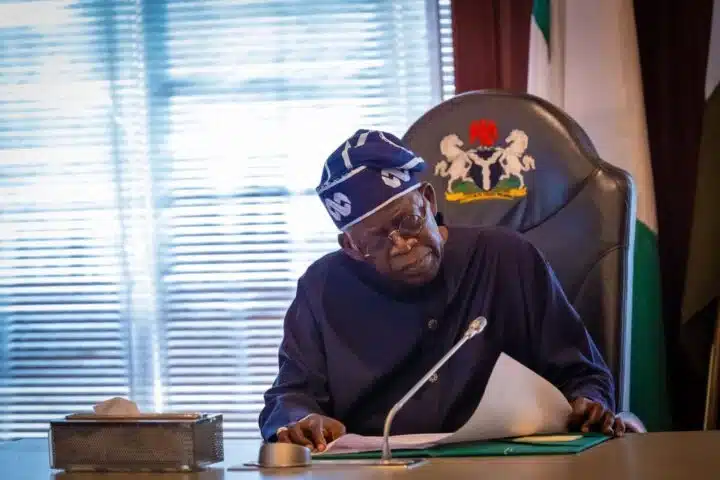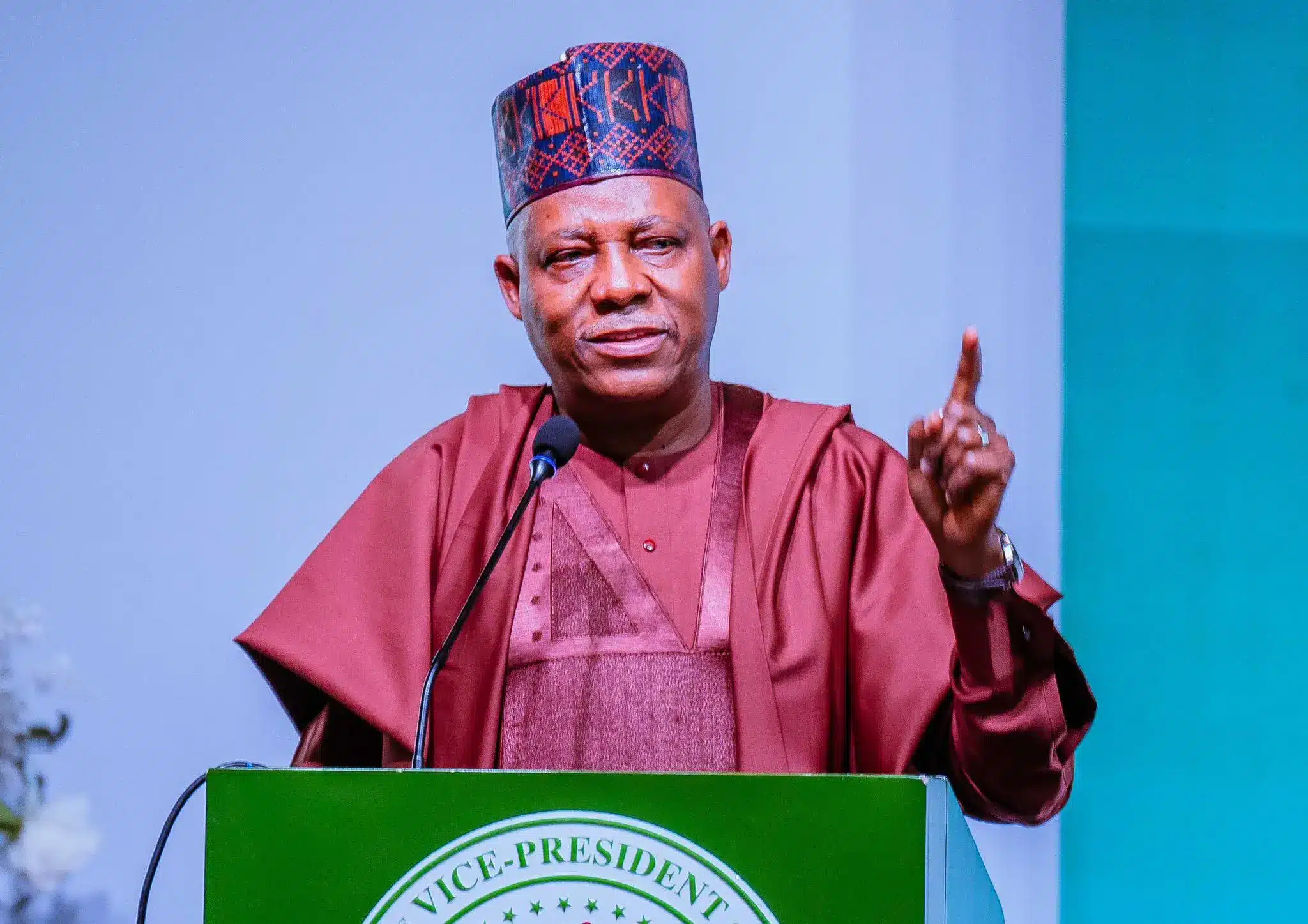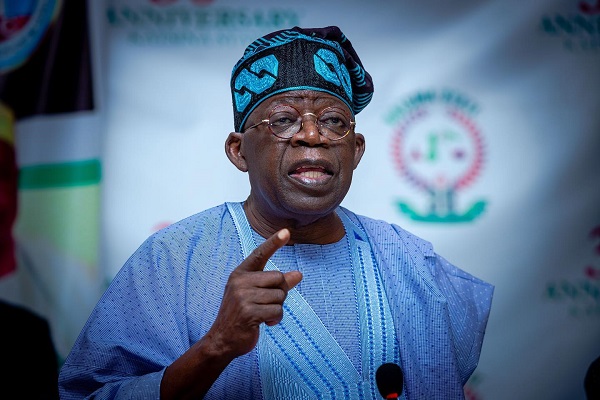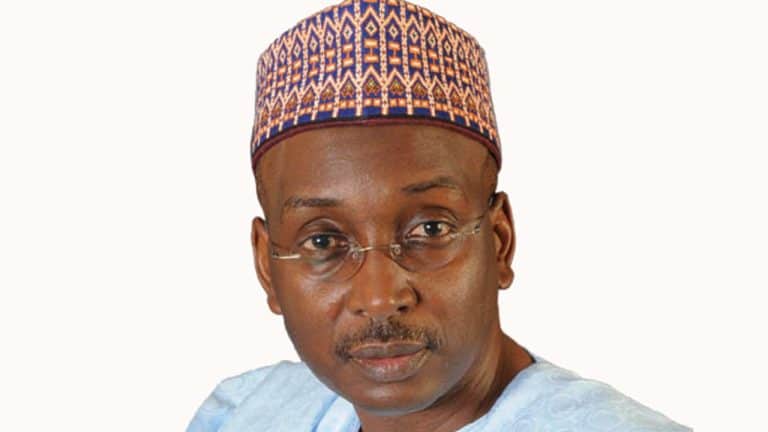News
Tinubu Govt Rolls Out Cash Transfer For 75 Million Nigerians
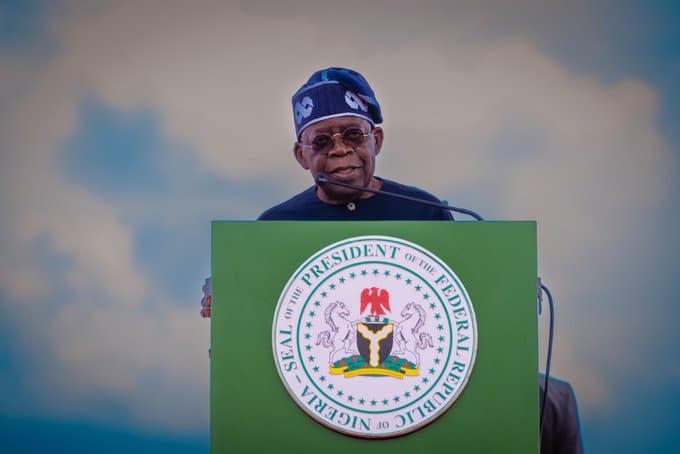
Eko Hot Blog reports that the President Bola Tinubu led Federal Government has on Tuesday announced the reinstatement of the suspended social investment programme.
The scheme aims to alleviate the suffering of citizens, particularly vulnerable groups, by providing direct payments to 75 million Nigerians across 50 million households.
Editor’s Picks
-
FG Reveals Real Cause Of Tomato Price Hike, Scarcity
-
JUST IN: Labour Takes Stand On FG’s ₦60,000 Minimum Wage Proposal
-
JUST IN: Senate Greenlights Return Of Old National Anthem Amid Outcry
It stated that the cash transfer programme was overhauled to tackle fraud.
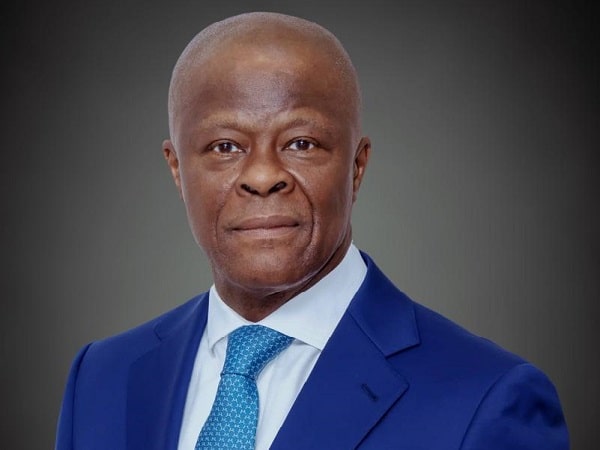
Minister of Finance Wale Edun
According to PUNCH, the Minister of Finance and the Coordinating Minister of the Economy, Wale Edun, announced this at the ministerial sectoral briefing to mark the first year in office of the President Bola Tinubu administration in Abuja.
On January 12, Tinubu suspended all the programmes administered by the National Social Investment Programme Agency for six weeks, as part of a probe of alleged malfeasance in the management of the agency and the scheme.
The president also suspended Betta Edu as the minister of Humanitarian Affairs and Poverty Alleviation on January 8. Edu’s ministry supervises the operations of the NSIPA.
The intervention programmes affected include the N-Power, the conditional cash transfer scheme, the government enterprise and empowerment programme, and the home-grown school feeding initiative.
To revamp the programme, Tinubu approved the establishment of a Special Presidential Panel, led by Edun to carry out an intensive review and audit of the existing financial frameworks and policy guidelines of the social investment programmes.
Giving an update on the steps taken by the committee at the briefing, the finance minister stated that the government had decided to restart the programme to provide succour for poor Nigerians.
Edun said, “I am duty-bound to give you an overview of the strategy, policies, and implementation of Mr President’s reform programme. Immediately upon assuming office, Mr President launched macroeconomic reforms to restore stability to the Nigerian economy, including subsidy reforms and foreign exchange market reforms.
These reforms caused a spike in costs for individuals and businesses, but Mr President is committed to counterbalancing the negative effects with interventions across the social spectrum.
“The government has restarted the social investment program, providing direct payments to 75 million Nigerians in 50 million households. Access to credit has been improved, with N1bn allocated to consumer credit and grants of 50,000 Naira being given to 1 million nano industries.”
“Just today (Tuesday), we met with the social investment prudential panel and development partners to discuss the President’s emergency plan for food security. We talked about advancing this issue and providing food, nutrition, and security, and this area will receive more attention in the coming weeks.
Further Reading
-
Certificate Scam: Court Orders ₦10 Million Seizure From University VC
-
Ex-Lawmaker Reveals Potential Pitfalls In 2027 Obi-Atiku Merger Talks
-
29-Year-Old Man Sentenced To Death By Hanging In Ekiti
Edun also revealed that the government was set to roll out an Economic Emergency Plan that would be implemented in the next six months. The plan, he explained, would help stabilise the economy and set the country on the path of growth.
He explained, “A system of payment has been implemented to ensure that Nigeria’s money is spent wisely and accountably.
Click To Watch Our Video Of The Week
Advertise or Publish a Story on EkoHot Blog:
Kindly contact us at [email protected]. Breaking stories should be sent to the above email and substantiated with pictorial evidence.
Citizen journalists will receive a token as data incentive.
Call or Whatsapp: 0803 561 7233, 0703 414 5611


